-
×
 Quantamentals - The Next Great Forefront Of Trading and Investing with Trading Markets
1 × $8.00
Quantamentals - The Next Great Forefront Of Trading and Investing with Trading Markets
1 × $8.00 -
×
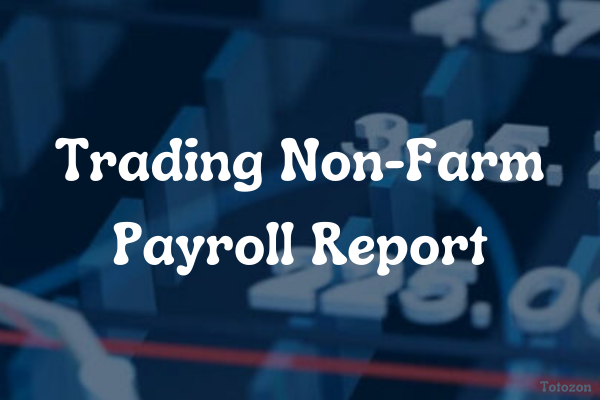 Trading Non-Farm Payroll Report
1 × $6.00
Trading Non-Farm Payroll Report
1 × $6.00 -
×
 The Naked Eye: Raw Data Analytics with Edgar Torres - Raw Data Analytics
1 × $8.00
The Naked Eye: Raw Data Analytics with Edgar Torres - Raw Data Analytics
1 × $8.00 -
×
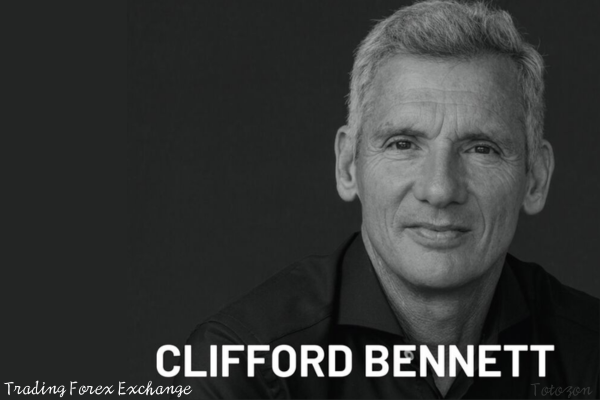 Trading Forex Exchange with Clifford Bennett
1 × $6.00
Trading Forex Exchange with Clifford Bennett
1 × $6.00 -
×
 Trading Like You’ve Never Heard Before – Digital Download
1 × $15.00
Trading Like You’ve Never Heard Before – Digital Download
1 × $15.00 -
×
 Forecast 2024 Clarification with Larry Williams
1 × $15.00
Forecast 2024 Clarification with Larry Williams
1 × $15.00 -
×
 Advanced Spread Trading with Guy Bower - MasterClass Trader
1 × $15.00
Advanced Spread Trading with Guy Bower - MasterClass Trader
1 × $15.00 -
×
 Compass Trading System with Right Line Trading
1 × $39.00
Compass Trading System with Right Line Trading
1 × $39.00 -
×
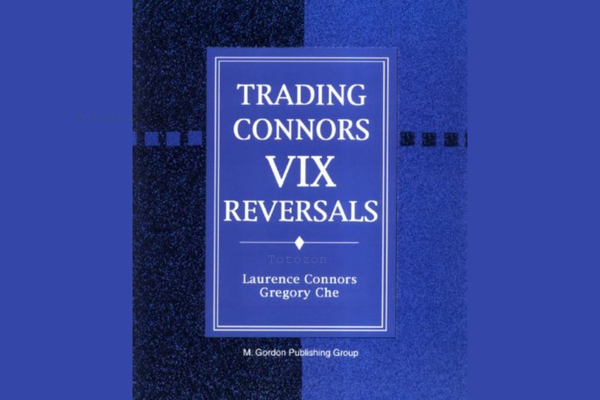 Trading Connors VIX Reversals & Tradestation Files with Larry Connors
1 × $6.00
Trading Connors VIX Reversals & Tradestation Files with Larry Connors
1 × $6.00 -
×
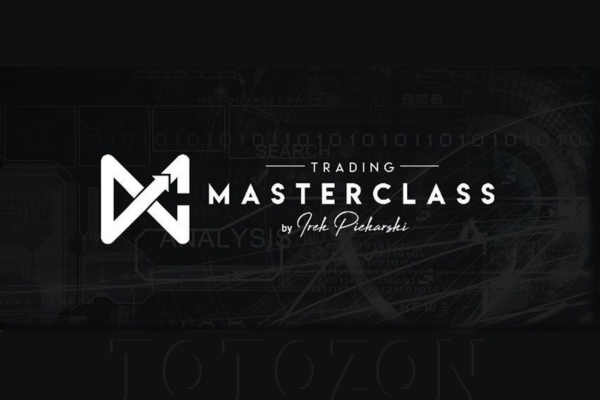 Trading Masterclass 2.0 with Irek Piekarski
1 × $5.00
Trading Masterclass 2.0 with Irek Piekarski
1 × $5.00 -
×
 Trading Dave Landry’s Ultimate Bow Ties Strategy with Dave Landry
1 × $6.00
Trading Dave Landry’s Ultimate Bow Ties Strategy with Dave Landry
1 × $6.00 -
×
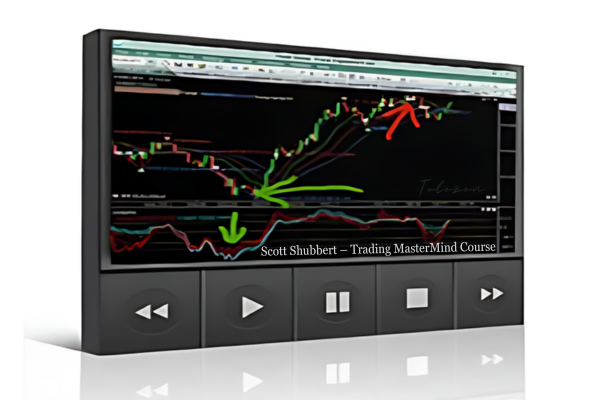 Trading MasterMind Course
1 × $23.00
Trading MasterMind Course
1 × $23.00 -
×
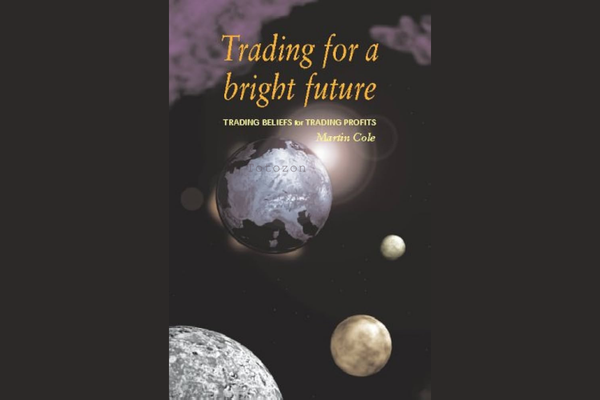 Trading for a Bright Future with Martin Cole
1 × $6.00
Trading for a Bright Future with Martin Cole
1 × $6.00 -
×
 Home Run Options Trading Course with Dave Aquino - Base Camp Trading
1 × $11.00
Home Run Options Trading Course with Dave Aquino - Base Camp Trading
1 × $11.00 -
×
 Trading Hub 2.0 Course
1 × $27.00
Trading Hub 2.0 Course
1 × $27.00 -
×
 Trading Earnings Using Measured-Move Targets with Alphashark
1 × $6.00
Trading Earnings Using Measured-Move Targets with Alphashark
1 × $6.00 -
×
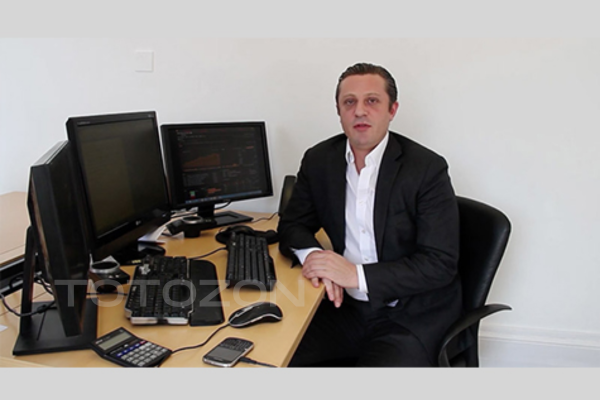 Trading Masterclass POTM + PFTM + PTMI with Anton Kreil
1 × $6.00
Trading Masterclass POTM + PFTM + PTMI with Anton Kreil
1 × $6.00 -
×
 SQX Mentorship with Tip Toe Hippo
1 × $23.00
SQX Mentorship with Tip Toe Hippo
1 × $23.00 -
×
 Scalp Strategy and Flipping Small Accounts with Opes Trading Group
1 × $5.00
Scalp Strategy and Flipping Small Accounts with Opes Trading Group
1 × $5.00 -
×
 The A14 Weekly Option Strategy Workshop with Amy Meissner
1 × $23.00
The A14 Weekly Option Strategy Workshop with Amy Meissner
1 × $23.00 -
×
 The Orderflow Masterclass with PrimeTrading
1 × $17.00
The Orderflow Masterclass with PrimeTrading
1 × $17.00 -
×
 Deep Dive Butterfly Trading Strategy Class with SJG Trades
1 × $41.00
Deep Dive Butterfly Trading Strategy Class with SJG Trades
1 × $41.00 -
×
 The Trading Blueprint with Brad Goh - The Trading Geek
1 × $5.00
The Trading Blueprint with Brad Goh - The Trading Geek
1 × $5.00 -
×
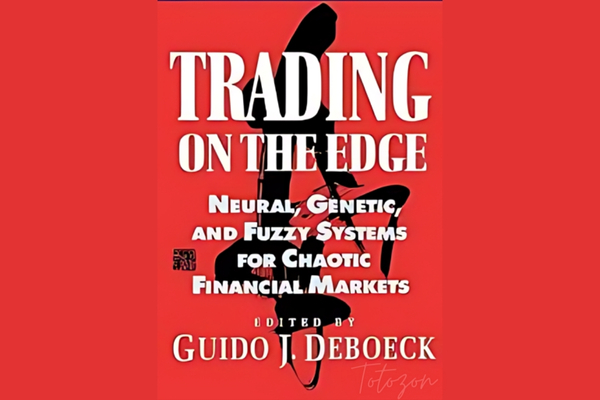 Trading on the Edge with Guido J.Deboeck
1 × $6.00
Trading on the Edge with Guido J.Deboeck
1 × $6.00 -
×
 Trading Earnings Formula Class with Don Kaufman
1 × $6.00
Trading Earnings Formula Class with Don Kaufman
1 × $6.00 -
×
 Trading Day By Day & Code (chickgoslin.com) with Chick Goslin
1 × $6.00
Trading Day By Day & Code (chickgoslin.com) with Chick Goslin
1 × $6.00 -
×
 Butterfly and Condor Workshop with Aeromir
1 × $15.00
Butterfly and Condor Workshop with Aeromir
1 × $15.00 -
×
 Matrix Spread Options Trading Course with Base Camp Trading
1 × $31.00
Matrix Spread Options Trading Course with Base Camp Trading
1 × $31.00 -
×
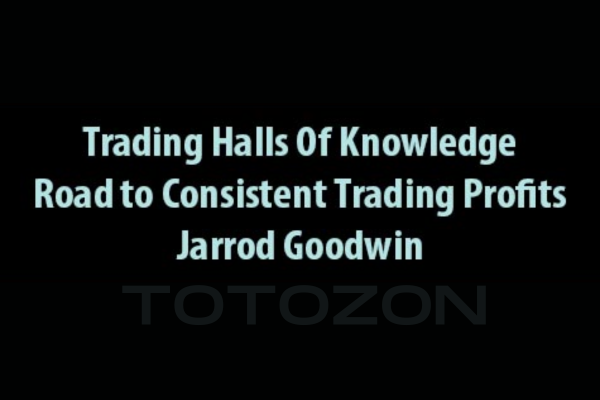 Trading Halls Of Knowledge - Road to Consistent Trading Profits with Jarrod Goodwin
1 × $6.00
Trading Halls Of Knowledge - Road to Consistent Trading Profits with Jarrod Goodwin
1 × $6.00 -
×
 W. D Gann 's Square Of 9 Applied To Modern Markets with Sean Avidar - Hexatrade350
1 × $23.00
W. D Gann 's Square Of 9 Applied To Modern Markets with Sean Avidar - Hexatrade350
1 × $23.00 -
×
 Trading Double Diagonals in 2019 with Dan Sheridan - Sheridan Options Mentoring
1 × $5.00
Trading Double Diagonals in 2019 with Dan Sheridan - Sheridan Options Mentoring
1 × $5.00 -
×
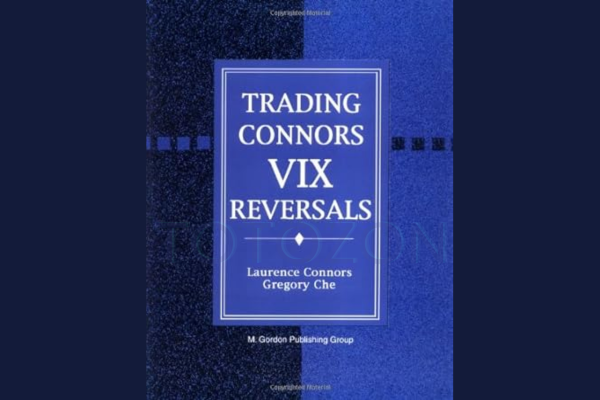 Trading Connors VIX Reversals Tradestation Files with Laurence A. Connors & Gregory J. Che
1 × $6.00
Trading Connors VIX Reversals Tradestation Files with Laurence A. Connors & Gregory J. Che
1 × $6.00 -
×
 Trading in the Bluff with John Templeton
1 × $6.00
Trading in the Bluff with John Templeton
1 × $6.00 -
×
 Trading NQ At The US Open with TradeSmart
1 × $10.00
Trading NQ At The US Open with TradeSmart
1 × $10.00 -
×
 Order flow self-study training program with iMFtracker
1 × $10.00
Order flow self-study training program with iMFtracker
1 × $10.00 -
×
 The Complete Guide to Multiple Time Frame Analysis & Reading Price Action with Aiman Almansoori
1 × $13.00
The Complete Guide to Multiple Time Frame Analysis & Reading Price Action with Aiman Almansoori
1 × $13.00 -
×
 Crystal Ball Pack PLUS bonus Live Trade By Pat Mitchell - Trick Trades
1 × $20.00
Crystal Ball Pack PLUS bonus Live Trade By Pat Mitchell - Trick Trades
1 × $20.00 -
×
 The Indices Orderflow Masterclass with The Forex Scalpers
1 × $23.00
The Indices Orderflow Masterclass with The Forex Scalpers
1 × $23.00 -
×
 Trading double Diagonals 2023 with Dan Sheridan - Sheridan Options Mentoring
1 × $39.00
Trading double Diagonals 2023 with Dan Sheridan - Sheridan Options Mentoring
1 × $39.00
Trading Mindset, and Three Steps To Profitable Trading with Bruce Banks
$19.00 Original price was: $19.00.$6.00Current price is: $6.00.
File Size: Coming soon!
Delivery Time: 1–12 hours
Media Type: Online Course
Content Proof: Watch Here!
You may check content proof of “Trading Mindset, and Three Steps To Profitable Trading with Bruce Banks” below:
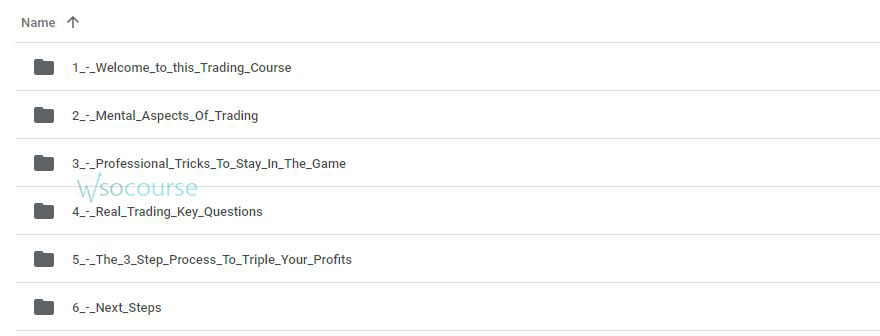
Mastering the Trading Mindset: A Guide to Profitable Trading with Bruce Banks
Introduction: The Importance of a Trading Mindset
When embarking on the journey of trading, understanding the psychological landscape is as crucial as grasping the technical aspects. Bruce Banks’ approach in “Trading Mindset, and Three Steps To Profitable Trading” offers a blueprint for cultivating a mindset that enhances trading decisions.
What is a Trading Mindset?
A trading mindset refers to the psychological and emotional framework that influences how traders make decisions, manage risk, and cope with the ups and downs of trading.
Why Focus on Mindset?
Developing the right mindset is essential for sustained trading success. It helps traders maintain discipline, manage emotions, and execute their strategies effectively.
Step One: Developing Self-Awareness
Recognizing Emotional Triggers
Identifying personal triggers that lead to impulsive decisions is the first step towards building a resilient trading mindset.
Building Emotional Resilience
Strategies to enhance emotional resilience, crucial for navigating the volatile markets, are detailed, emphasizing the importance of stress management and psychological endurance.
Step Two: Strategic Learning and Application
The Role of Continuous Learning
Bruce Banks stresses the need for ongoing education in trading strategies, market analysis, and financial instruments.
Practical Application of Knowledge
Turning theory into practice is vital. Banks provides exercises to apply learned concepts in real market scenarios, enhancing skill and confidence.
Step Three: Risk Management and Optimization
Understanding Risk Management
Comprehensive risk management techniques are discussed, highlighting their role in protecting capital and maximizing profits.
Tools for Effective Risk Control
Banks introduces tools and techniques for setting stop-loss orders and calculating risk-reward ratios, which are indispensable for profitable trading.
Advanced Techniques: Beyond the Basics
The Psychological Edge in Trading
Banks delves into advanced psychological strategies that help traders gain an edge over the typical market participant.
Coping with Loss
Learning to cope with losses effectively without emotional fallout is a key lesson, with strategies for developing a long-term perspective.
Real-World Insights: Interviews and Case Studies
Insights from Experienced Traders
Interviews with seasoned traders provide real-world advice and insights into the practical application of a robust trading mindset.
Learning from Mistakes
Case studies focus on common trading mistakes and the lessons learned, offering valuable takeaways for improving trading performance.
Conclusion: Cultivating a Winning Trading Mindset
Adopting Bruce Banks’ three-step approach to developing a trading mindset can significantly enhance your trading performance. With self-awareness, continuous learning, and effective risk management, traders can look forward to not just surviving but thriving in the trading world.
Key Takeaways
- Importance of developing a strong psychological foundation.
- Strategies for effective learning and risk management.
- Insights from real-world trading experiences.
Frequently Asked Questions
- What is a trading mindset?
A trading mindset encompasses the psychological and emotional aspects that influence a trader’s decision-making process.
2. Why is self-awareness important in trading?
Self-awareness helps traders recognize emotional triggers and avoid impulsive decisions that can lead to losses.
3. How can continuous learning affect trading?
Continuous learning ensures that traders stay updated with market trends and refine their strategies accordingly.
4. What are some effective risk management techniques?
Techniques include setting precise stop-loss orders and understanding how to calculate risk-reward ratios to optimize trades.
5. How can traders cope with losses?
By developing resilience, focusing on the long-term perspective, and learning from past mistakes to improve future strategies.
Be the first to review “Trading Mindset, and Three Steps To Profitable Trading with Bruce Banks” Cancel reply
You must be logged in to post a review.
Related products
Forex Trading
Forex Trading
Forex Trading
Forex Trading
Forex Trading
Forex Trading
Forex Trading
Forex Trading
The Complete Guide to Multiple Time Frame Analysis & Reading Price Action with Aiman Almansoori
Forex Trading
Forex Trading
Forex Trading
Forex Trading
Quantamentals – The Next Great Forefront Of Trading and Investing with Trading Markets














Reviews
There are no reviews yet.